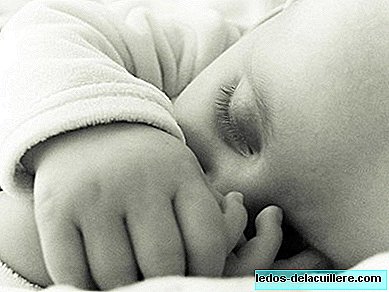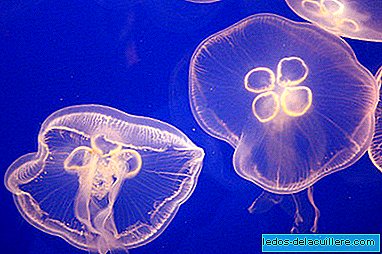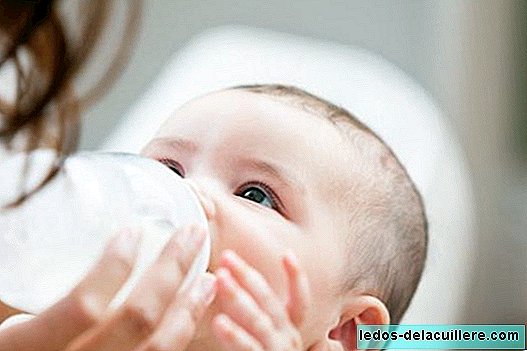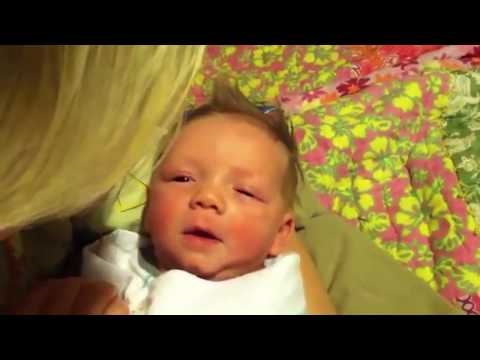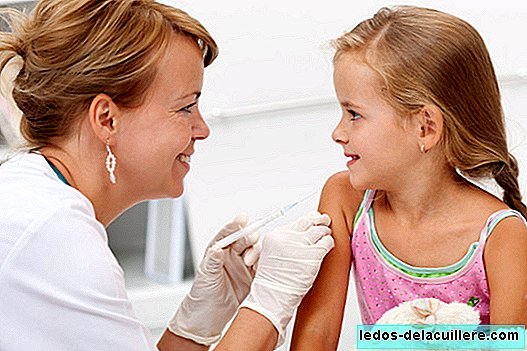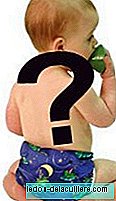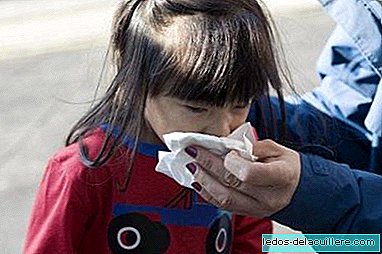
Fever and cough are very common in infants and children, and the Spanish Association of Primary Care Pediatrics (AEPap) has wanted to provide families with two informative documents on the management of these symptoms. Its about "Decalogue of fever" and "Decalogue of cough", with the keys to understand these problems.
What is fever and cough and its most frequent causes, what are the symptoms of fever alarm, when to go to the ER, what treatments are not recommended ... are some of the points discussed in these interesting decalogues that we should keep in mind.
Decalogue of fever
Fever is not a disease. It serves to defend against infections caused by both viruses and bacteria.
Fever by itself does not cause brain damage, or blindness, or deafness, or death.
Some predisposed children (4%) may have fever seizures. Treating fever does not prevent these seizures. Medications to reduce fever should never be given for this purpose.
You just have to use medications for fever if there is discomfort or pain. Ibuprofen and paracetamol have the same efficacy in treating pain. Their doses are calculated according to the child's weight, not according to age. It is not advisable to alternate or combine both medications. Aspirin® should not be given.
The use of damp cloths, scrubs of alcohol, showers or baths to reduce fever is discouraged.
Do not cover or unwind the child with fever too much.
The child with a fever should be well hydrated. You have to offer liquids often, if possible with carbohydrates (fruit juices, smoothies, porridge, etc.).
The use of paracetamol or ibuprofen after vaccination to prevent febrile reactions or reactions in the injection area is not advised.
Neither the degree of the fever nor the response to the antitermic guide us about the severity of the infection or whether it is caused by viruses or bacteria.
Should monitor signs of worsening and urgently check if your child has:
• Skin spots, dark red or purple, that do not disappear when the surrounding skin is stretched. • Decay, irritability or excessive crying difficult to calm. • Neck stiffness. • Convulsion or loss of consciousness. • Difficulty breathing (mark the ribs and sink the sternum, they sound like whistles when you breathe, very fast breathing, agitated, etc.). • Persistent or very abundant vomiting and / or diarrhea that causes dehydration (dry tongue, absence of saliva, sunken eyes, etc.). • If you do not urinate or urine is scarce. • Always check urgently if a child under three months of age has a fever.

Decalogue of cough
Cough is a defense mechanism of the respiratory system. It is intended to eliminate secretions and foreign bodies to keep the airway clean and open.
The most frequent cause of acute cough are the upper respiratory infections (colds). Colds are produced by hundreds of different viruses. They resolve without medication in one or two weeks.
Acute cough should not be treated with soothing coughs, mucolytics, expectorants, antihistamines or nasal decongestants, especially in children under six years. In children it is not proven that these medications are effective for the treatment of cough and the risks outweigh the possible benefits. If used, they should always be under medical control.
If the cough were removed, there would be more mucus retention, less oxygenation and more airway obstruction. There would also be more risk of otitis and pneumonia.
Antibiotics are not effective in treating colds and are contraindicated.
It's very important the child with a cold is well hydrated. You have to give fluids frequently.
It is recommended to do nasal washes and humidify the environment.
Avoid exposure to tobacco smoke. You should not smoke at home.
Simple measures such as handwashing reduce the risk of infection.
It is advisable to monitor and consult with the pediatrician if it appears: • Difficulty in breathing (the ribs are marked and the sternum sinks, there are noises when breathing, very fast breathing, agitated, etc.). • Fever that lasts more than three days. • Earache or suppuration. • Cough and mucus for more than 10-15 days.
We hope we don't have to make too much use of these Decalogues on the fever and cough of the AEPap, but experience tells us that with the cold that is coming the little ones will suffer on more than one occasion. And the elders too, so we'll have the tips at hand.


